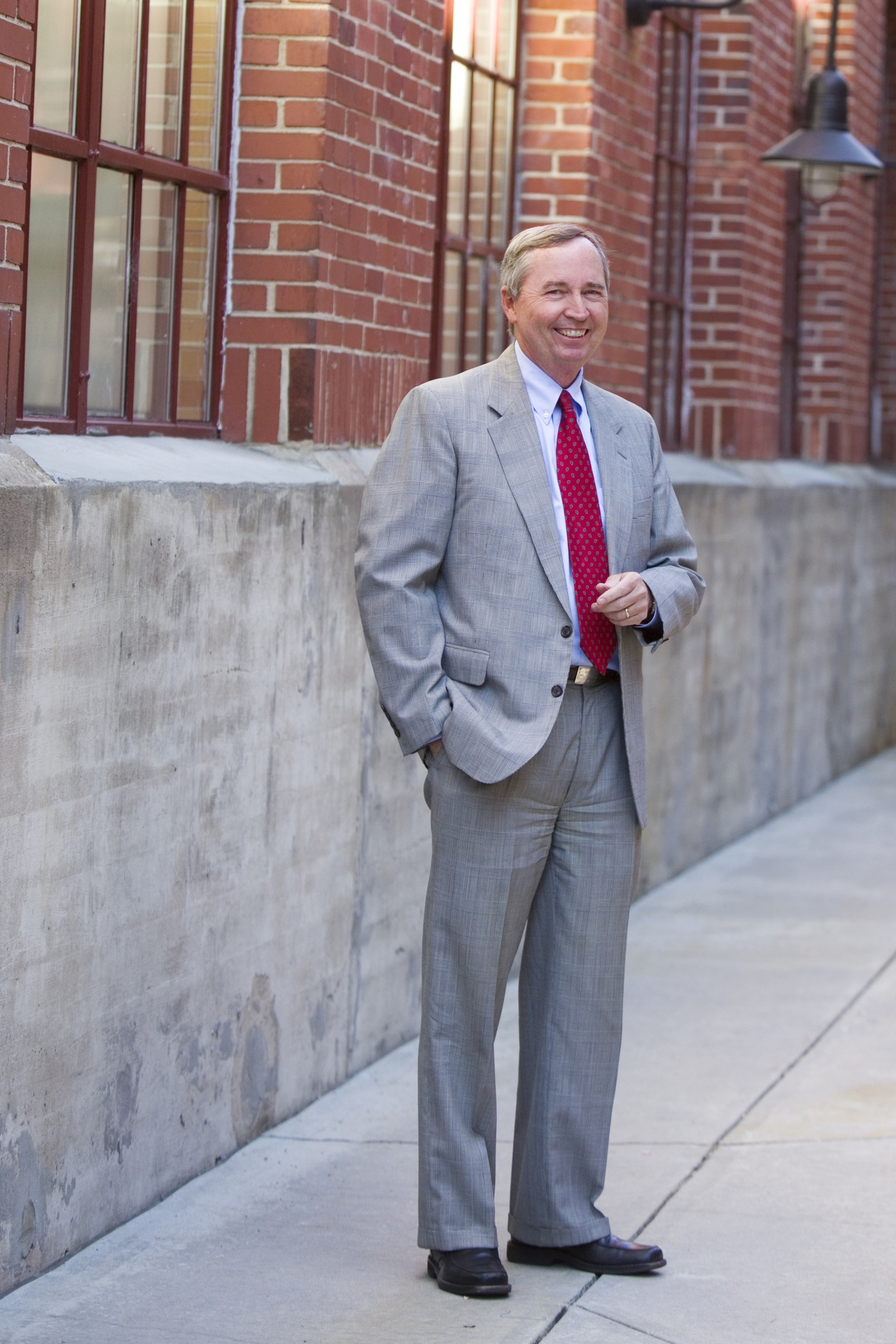 My clients don’t always come to see me with philanthropy foremost on their mind. Of course, sometimes they do, but often their focus isn’t on philanthropy. Instead, they have pressing family issues to cover that are a higher priority. Because of this, as their advisor, I believe that it’s often wise for me to bring up philanthropic possibilities when we meet. The use of a philanthropic component to the estate plan can not only mitigate taxes, both income and estate taxes, but it can also be used as an important teaching tool within the context of the family estate plan.
My clients don’t always come to see me with philanthropy foremost on their mind. Of course, sometimes they do, but often their focus isn’t on philanthropy. Instead, they have pressing family issues to cover that are a higher priority. Because of this, as their advisor, I believe that it’s often wise for me to bring up philanthropic possibilities when we meet. The use of a philanthropic component to the estate plan can not only mitigate taxes, both income and estate taxes, but it can also be used as an important teaching tool within the context of the family estate plan.
For my clients who are fortunate enough to have a larger estate, I believe that the conversation about giving back to the community should grow commensurate with the size of their estate, and not just because of the tax incentives. If you are fortunate enough to have a generous sized estate, then I believe that philanthropy ought to be part of the conversation in formulating your estate plan.
Creating a donor-advised fund (DAF) can be a particularly useful tool for these clients. If clients come to see me with a $20 million dollar estate and I know these assets will pass within their family to the succeeding generation, I will often talk with them about creating a DAF. There are some significant tax advantages to setting up this type of fund, particularly when dealing with retirement accounts so the client can eliminate income and estate taxes on the gifted assets. The tax incentives for gifting retirement plan assets to charity at the death of the surviving spouse can be particularly high because the combined tax burden on retirement plan assets can be onerous as these assets move from one generation to the next. Apart from the tax incentives, having a philanthropic arm for a client’s estate is a wonderful way to teach the next generation of the client’s family the importance of the social responsibility that comes along with wealth and how to use it for the betterment of the community and to carry on the family legacy. A DAF is a helpful vehicle that can teach these principles over the generations. Often my client (the parent) will not only use the DAF for their own charitable giving, but also involve their children and grandchildren in making philanthropic decisions, and teach them powerful lessons about the needs in the community and the importance of giving back.
That’s where Triangle Community Foundation can be very helpful. For many years I’ve recommended to my clients that they speak with the Foundation, particularly when clients haven’t had a long history of philanthropy and don’t have a full understanding of what it means. Philanthropy is an educational process that the Foundation is well equipped to help with. The educational resources of the Foundation and their accumulated knowledge of organizations doing good work in our community can be most helpful to clients that are developing their family philanthropic goals and mission. The support that the Foundation staff offer their donors is significant. This local resource can be an invaluable asset to a client.
My job is to help educate the client, and just because a client has a sizable net worth doesn’t mean that a client is sophisticated in understanding what philanthropy is all about. I want my clients to recognize the helpfulness of the DAF as a tool in their estate planning toolbox, and I want them to understand the resources that they can get from the experienced staff at the Foundation. Many of my clients want to see what a meaningful impact they (and their families) can make in their community, and Triangle Community Foundation can help them achieve that goal.
Rhodes is a native of Charlotte, North Carolina. He obtained his undergraduate degree at the University of North Carolina and his law degree from Wake Forest University. Rhodes specializes his law practice in estate planning for high net worth clients.
